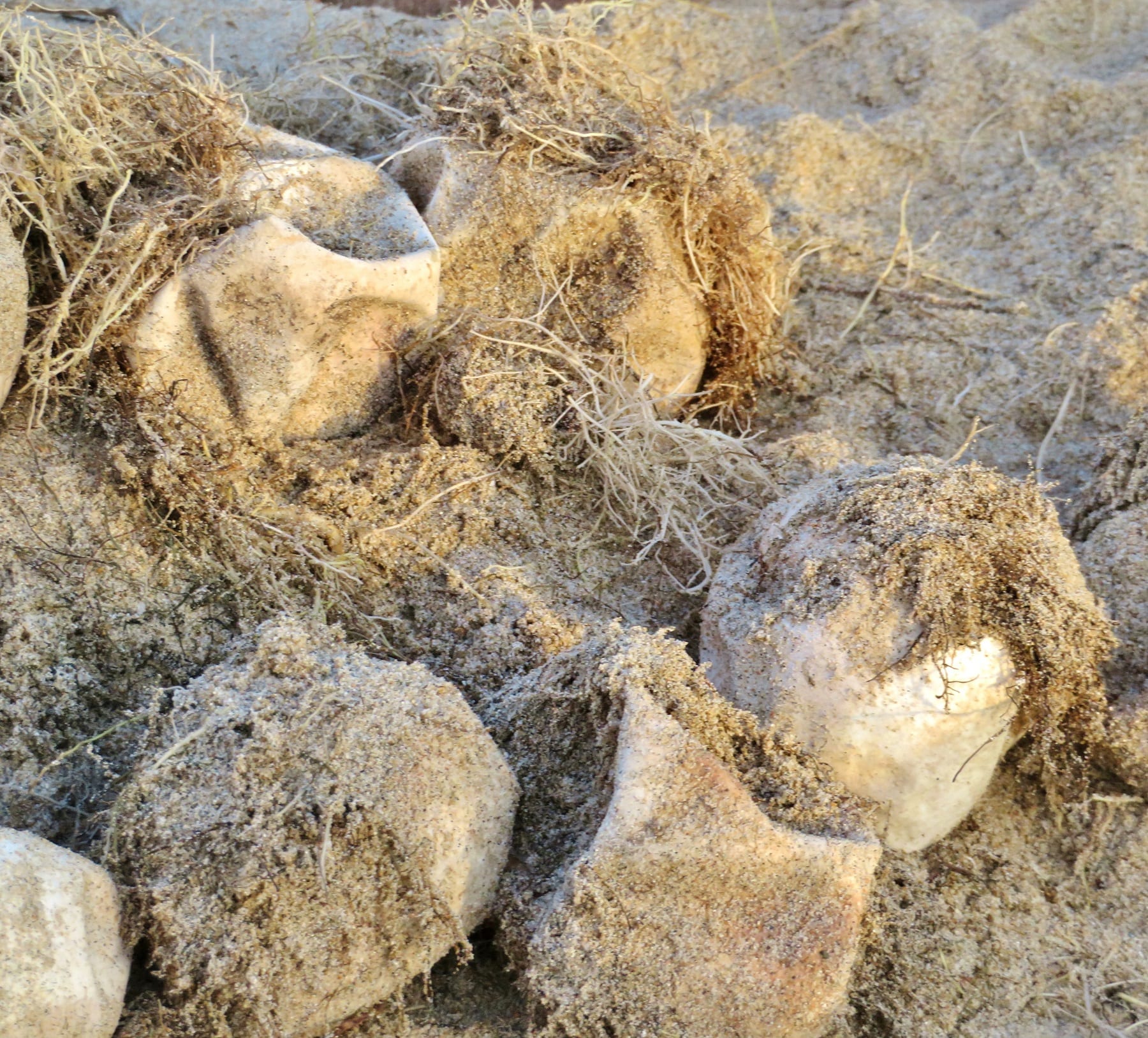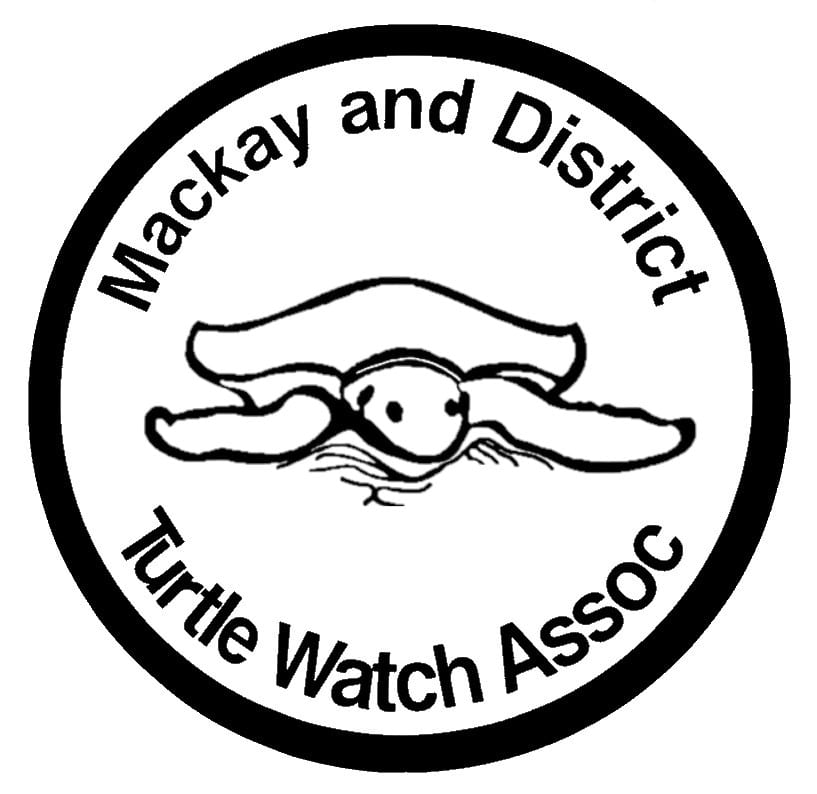
Major Threats
Threats to survival include the following examples:
- The destruction of nesting habitat by clearing natural vegetation through beach development
- Uncontrolled vehicle access destroying dune profiles and vegetation
- Uncontrolled beach lighting
- Ingestion of synthetic materials (nets, fishing line)
- Boat strike
- Predation of eggs or adults by illegal poaching
- Predation of eggs or hatchlings by domestic and feral animals
- The increase in the incidence of disease and cancerous tumours
- Incidental capture in shark control programs
Major threats to marine turtles include:
- Coastal development pressures including the increasing recreational use of beach areas
- Illegal harvesting of adult turtles and eggs
- Predation of adults, eggs and hatchlings by domestic and feral animals
- Incidental mortality from commercial and recreational fisheries practices
- A rise in the incidence of diseases
- Climate change and sea level rise
How can you help?:
- Assume all beaches are nesting beaches
- Never throw plastic bags, fishing lines or other rubbish on the beach, in any waterways or into the sea
- Refuse to buy marine turtle products
- Watch out for turtles when boating
- Protect nesting beaches
- Keep vehicles off nesting beaches
- Do not light fires on nesting beaches
- Leave nesting sites undisturbed
- Keep all lighting to a minimum in beach areas, particularly through nesting and hatching periods
- Keep dogs on a leash on the beach
- Report dead, sick and injured sea turtles to the marine stranding hotline
- Report the place and date of sea turtle sightings to the Queensland Parks and Wildlife Service
